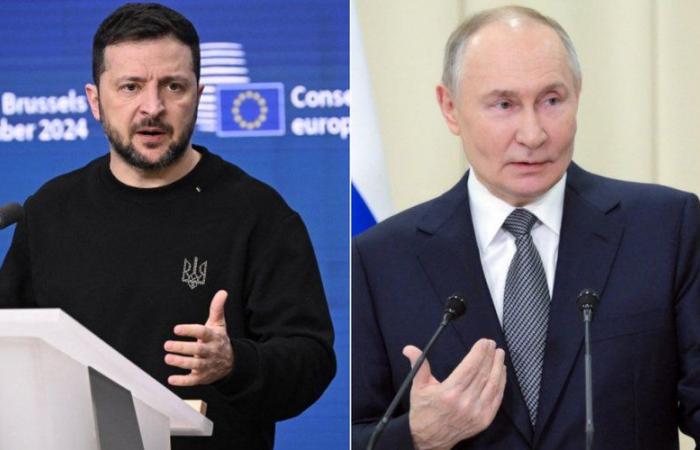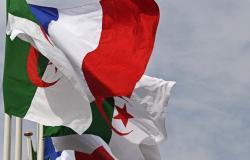the essential
War chronicler and blog author Do not sufferGuillaume Ancel deciphers the peace negotiations in Ukraine, where kyiv’s forces have been in difficulty for months facing the Russian “steamroller”.
La Dépêche du Midi: Volodymyr Zelensky said last week that Donald Trump’s “unpredictability” could help end the war in Ukraine. What do you think?
Guillaume Ancel: This statement reflects a reality: Donald Trump plays on his reputation as an unpredictable man to pose as a negotiator capable of quickly resolving the war. However, it should be remembered that negotiations had already discreetly begun last December, initiated by Trump’s campaign team, well before the possibility of his return to power. These discussions, to which Vladimir Putin responded favorably, allow Russia to reposition itself as a great power against the United States, but they almost completely exclude Ukraine.
CC0, via Wikimedia Commons – Guillaume Ancel
What do we know about these negotiations?
They appear to be moving towards a ceasefire based on the current front line, much like the Korean model. This would mean that 19% of Ukrainian territory – or around 150,000 km² – would be under Russian control. For Ukraine, this is unacceptable. This territory represents much more than a geographic loss: it is a major political concession in the face of an invasion. For Putin, this scenario is a way of keeping up appearances after military failures. However, he is playing for time: the more ground he gains, the more he arrives in a position of strength in these negotiations.
Also read:
War in Ukraine: “a criminal attitude”… did Ukrainian soldiers take advantage of training in France to desert?
What are the strengths and weaknesses of the two camps?
On the Ukrainian side, one of the main weaknesses is the lack of personnel. Ukraine relies on volunteers, which shows its limits after three years of war. It also lacks skills in combined arms maneuvers, that is, the coordination of infantry, tanks, artillery, and helicopters. However, the Ukrainian military remains remarkably resilient and benefits from strong Western weapons and intelligence support.
On the Russian side, the situation is just as complex. Moscow commits a massive army but the territorial gains are minimal: only 0.5 to 0.6% of Ukrainian territory in one year. The human losses are colossal, estimated at 600,000 soldiers dead or seriously injured. Russia is also weakened by an economy under pressure, with inflation around 10% and stifling bank interest rates. Moreover, this war is deeply unpopular. Many Russians, although frightened by the Putin regime, do not understand the meaning of this conflict. This further weakens the legitimacy of the Kremlin, despite its complete control over the media.
Also read:
War in Ukraine: the Russian army has advanced nearly 4,000 km2 in 2024, seven times more than in 2023
Recent threats from Slovakia, which plans to cut electricity supplies to kyiv after Ukraine decided to stop the transit of Russian gas exports through its territory, raise questions. Can these statements have an impact on the negotiations?
These threats are essentially marginal. Slovakia is seeking to make itself heard at a time when it knows it will be heavily criticized by Europe for its position vis-à-vis Russia. These are simply maneuvers without any real basis, which should have no consequences on the current negotiations.






